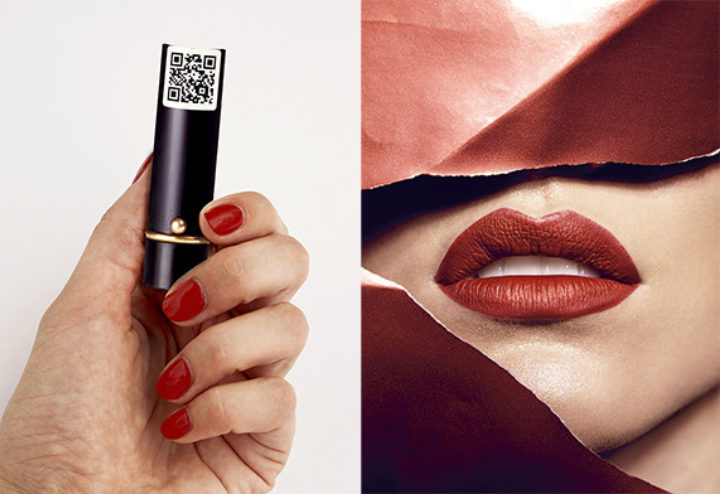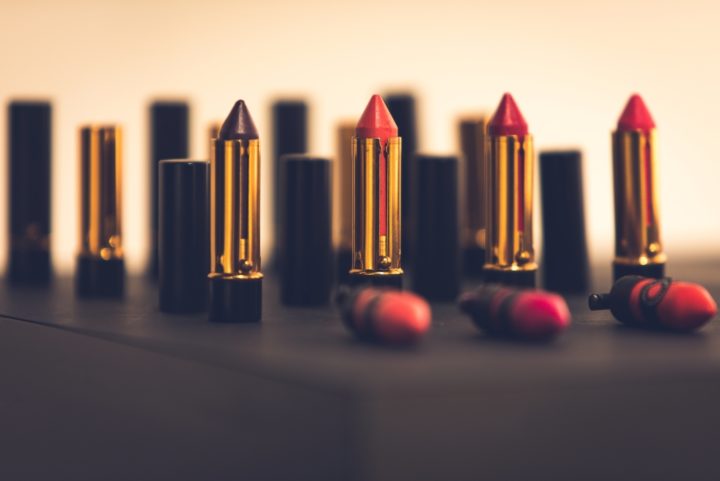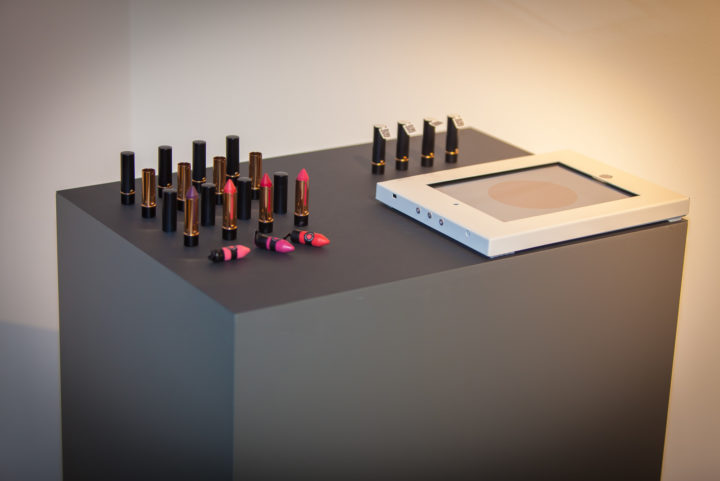Sustainable Stories: 70% of Aluminium ever made remains in use today

As part of the “Sustainable Stories” exhibition follow up, we're diving into the world of aluminium. To start, you might rightfully ask – “But why did you guys focus on aluminium? After all, it consumes vast amounts of energy, so perhaps it’s not that sustainable?” These questions would be very valid, as extracting aluminium from bauxite ore is an energy intensive process. Equally so, this is an argument very often conveyed by mass media.
However, when researching this material, our Materials & Insight team, came across fascinating facts such as that over 70% of all aluminium ever made remains in use today. Furthermore, due to the successful collection and sorting, as much as 69.5% of aluminium packaging is recycled in Europe. In addition, creating new metal from recycled aluminium only requires 5% of the energy needed to produce primary aluminium from bauxite ore.
It’s also worth noting that aluminium is second only to steel when it comes to use in manufacturing. It’s a great alternative to plastic, as aluminium can be endlessly melted down and recast with no loss of inherent properties or downgrade in material integrity. As a result, you would not be able to distinguish an aluminium product made with 100% scrap from a product made out of 100% virgin aluminium.
Keeping this in mind, we begin to understand why at Glastonbury back in 2019, it wasn’t just Stormzy making the headlines, it was the fact that plastic water bottles were banned, and water was sold in aluminium cans, which – in line with the widely accepted aluminium industry standard – had 30% recycled content. In cans, that could become the same product in about 60 days, and another can in 60 days and so on.
As mentioned in the previous article featuring the case study of the milkman – sustainable solutions can also be the evolution of an old idea. Lipsticks are a great example of how sustainable, aluminium packaging can be inspired by the past. In 1957, Helena Rubenstein introduced the first commercial range of high-quality, refillable lipstick cases. In 2019, Lush Cosmetics did the same, focusing on being reusable, recyclable and plastic-free.
Our digital experience proposition for this sustainable story, presented in collaboration with SharpEnd, showcases how by transitioning to a refillable packaging you can unlock a new retail platform and pioneer new, hassle-free user behaviours.
If you are interested in creating sustainable: stories, experiences, purchasing, behaviours and materials, do not hesitate to get in touch and let’s chat materials!


Posted 04 November, 2019 by Katie Kubrak